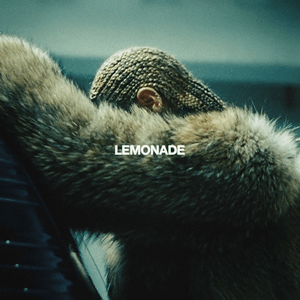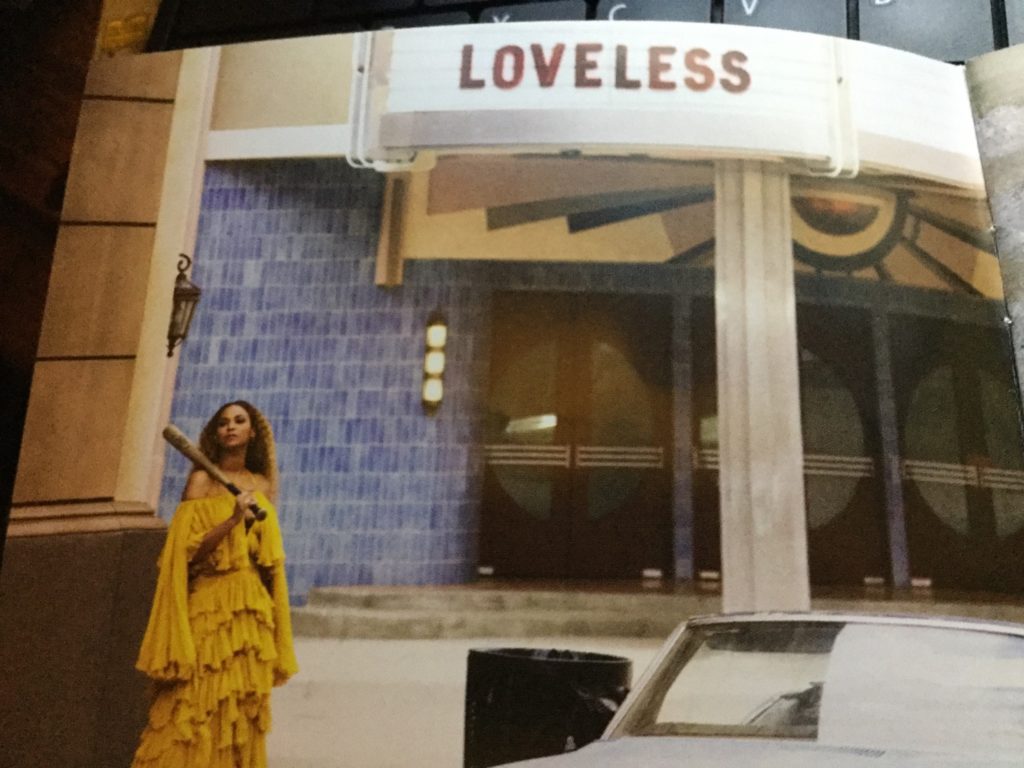By Aaron Jackson
As I’m typing this, it has been about 5 months since Beyoncé Giselle Knowles-Carter single-handedly ended every single social injustice ever to plague this disgusting earth. With just the simple swing of a bat and the flip of her middle finger, Beyoncé sent misogynoir along with its lackeys –scuttling back to the damp cavern from whence they came. Do you think I exaggerate? I can understand if, as a result of reading such cold hard facts, you find yourself in a state of disbelief; I am still shaken to my very core ever since that fateful night of April 23rd, 2016.
But enough with the hyperbole. If any of the claims above are actually true, it would have to be that Beyoncé’s sixth album, Lemonade, was in fact released 5 months ago on April 23rd. The rest however, although lacking a basis set in stone, are very prominent components of the cultural buzz and creative marketing constructed around this multimedia project.
Also, while we’re at it, I only think it’s suitable to provide some sort of definition for “misogynoir” (since it is a pretty significant part of this whole Lemonade thing). Misogynoir as most know it, is the perpetuation of racism, misogyny, transmisogyny, etc. directed specifically towards black women. It was coined by queer black feminist, Moya Bailey, on account of her experiences with the portrayal of black women in American visuals and popular culture.
There are those who argue for and push the belief that Beyoncé is in fact a divine body of light—manifested in an even more godly form—and that she is solely responsible for liberating black women from any and all oppression they‘ve ever faced. And if you ever have the pleasure of disagreeing with someone who holds that belief, just be prepared to have your social security number leaked (I’m not kidding!).
There are also those who (believe it or not) don’t think Lemonade is anything special. They share the notion that Beyoncé has not done as much, or even anywhere near, what her fans have said she’s done for Black Women. And you can read their full thoughts through approximately 148 of their tweets, right below a pinned tweet of them promoting singer-song writer (and notable Beyoncé critic) Keri Hilson’s, latest venture.
And while we’re at it, you definitely shouldn’t forget the group of people who think Lemonade is just a really neat album – crazy, I know.
But if we are diving into all the social and cultural implications of Lemonade—obviously, the whole body of work (visuals and all) is heavily influenced by black culture. And while there is no single, monolithic “black” culture, Beyoncé includes so many cultural elements from across the Diaspora (from the African spirituality channeled through almost all of her visuals, to the very West Indian, reggae-influenced track “Hold Up”) that it’s just much simpler to call it “black” culture.” That’s also why at this point it becomes easiest to categorize Lemonade as just a “black” album.
But does Ms. Knowles stop there? Obviously not. She begins to emphasize specific aspects of the black female experience in her songs and videos (not to mention using a cast consisting of mainly black women). She also chooses a story line for this project that follows her underappreciation by her spouse, to her newly found anger directed towards him, which somehow leads into a nice happy ending of forgiveness and redemption. Now, Lemonade is not only an album for black people, but one evidently created especially for black women. (And if you initially missed that message, there’s a nice little quote from Malcolm X in “Don’t Hurt Yourself” that directly says it).
So: having sat through this quite vivid depiction of what Beyoncé deems to be the “black female struggle”, it does raise the following important question: Does this actually do anything for black women?
On the one hand, I would say it definitely does. There’s been a steady stream of praise for Beyoncé from black women on account of just having their experiences and struggles represented in such an “in-your-face” way. You can see the positive feedback at school, on TV, and especially on social media. There’s a certain joy in having an album that’s tailor-made specifically for you, that no one else (including your oppressors) could possibly relate to. As it introduced the whole concept of misogynoir to so many people on such a large scale, it allowed for many black women to finally notice their true worth, and get righteously angry about the way they are always being treated. It may also have set them on the road to eventual healing… (but not anytime soon, I’m afraid, since most people skipped “Sandcastles” and “All Night”, which were the only songs about…y’know, forgiveness and whatnot).
That said, Lemonade is not without its critics. There are those who give it a pass but wish/demand it had been more inclusive of plus-size black women, as well as more LGBT+ black women, such as transgendered black women and gay black women. I agree with this 100% since you can’t really say you’re making an album about black women while excluding those who aren’t cis-het or a size 6 from your narrative. This narrow definition of black womanhood in itself hits upon another point; just as there is no singular “black” culture, there is also no singular “black female experience”. While Knowles does a good job of using shared experiences to reach a majority, her failure to incorporate every single black woman’s experience just goes to reinforce the notion that there is no single, monolithic, Black Female Experience.
Last, and finally, her biggest critique might be the fact that her current activism seems to be opportunistic. This stems from the fact that, yes, she’s making an album about the struggles of black women and giving them a space to be represented in mainstream media, but she’s also doing this to promote album sales and sold out shows. Many take offense at the fact that Beyoncé seems to be exploiting the struggles of black women for a profit. To them, her activism appears to be a capitalistic ploy – lacking in any form of genuineness, radicalism or sincerity. However, this criticism is met with its own. Many argue that Beyoncé is virtually unable to exploit the experiences of a group that she herself belongs to. The experiences of Black women are the experiences of Beyoncé – so to this group of people, she’s merely singing about what she herself has been through.
And while yes, these are all valid critiques of how Lemonade presents itself as an activist piece, to me, as long as your activism is helping those it’s supposed to be helping, then it has succeeded. Lemonade isn’t perfect, but you can’t deny that it has helped start a public conversation about misogynoir, as well as helped some black women to be more aware of their standing in society.
It’s not perfect, but it’s a start.
.



